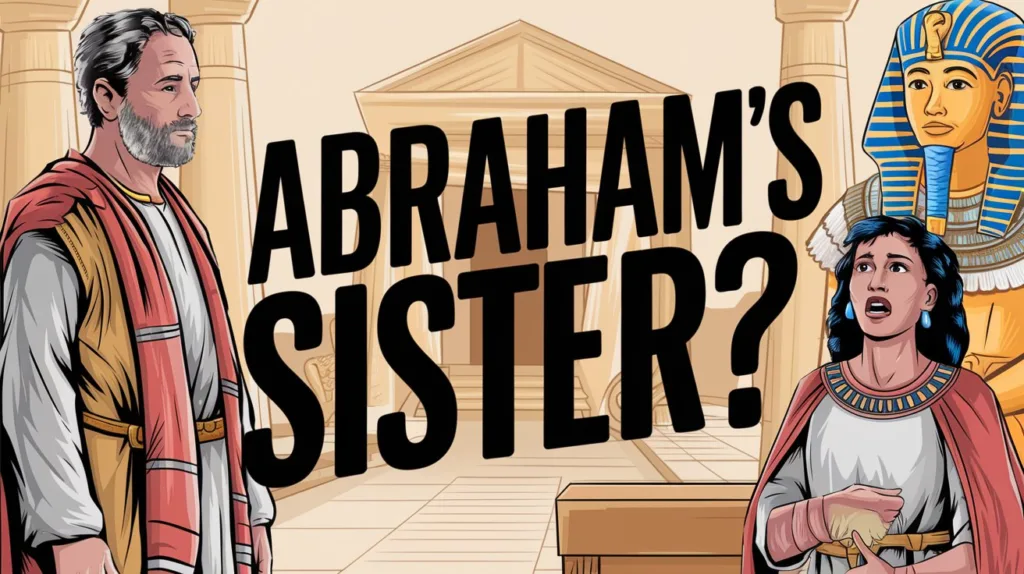The account of Abraham being commanded to sacrifice Isaac is found in Genesis 22:1–19. It begins with God testing Abraham’s faith. God said to him, “Take now your son, your only son Isaac, whom you love… and offer him there as a burnt offering on one of the mountains of which I shall tell you” (Genesis 22:2). This was a profound test, as Isaac was the child of promise through whom God’s covenant would continue (Genesis 17:19).
Abraham rose early the next morning, took Isaac, and journeyed to the place God had appointed, Mount Moriah. On the third day, he told his servants to remain behind while he and Isaac went to worship. He said, “We will come back to you” (Genesis 22:5), expressing faith that both would return.
As they ascended the mountain, Isaac observed that they had fire and wood but asked, “Where is the lamb for a burnt offering?” Abraham replied, “My son, God will provide for Himself the lamb for a burnt offering” (Genesis 22:7–8).
When they reached the place, Abraham built an altar, bound Isaac, and laid him on the wood. As he stretched out his hand to slay his son, the Angel of the Lord called to him from heaven, saying, “Do not lay your hand on the lad… for now I know that you fear God, since you have not withheld your son, your only son, from Me” (Genesis 22:12).
Abraham looked and saw a ram caught in a thicket by its horns. He took the ram and offered it instead of his son. He named the place “The-Lord-Will-Provide” (YHWH Jireh), as a testimony to God’s provision (Genesis 22:13–14).
The Angel of the Lord then reaffirmed God’s covenant with Abraham, promising blessings, numerous descendants, and victory over enemies because of his obedience (Genesis 22:16–18).
This event is one of the most significant demons/”>demonstrations of faith and obedience in Scripture. It also foreshadows the sacrifice of Jesus Christ, God’s only Son, who was not spared but offered for the sins of the world (Romans 8:32). Abraham’s willingness, Isaac’s submission, and God’s provision all reveal profound spiritual truths about faith, obedience, and substitutionary atonement.





 Get the book that teaches you how to evangelize and disarm doctrines from every single major cult group today.
Get the book that teaches you how to evangelize and disarm doctrines from every single major cult group today.